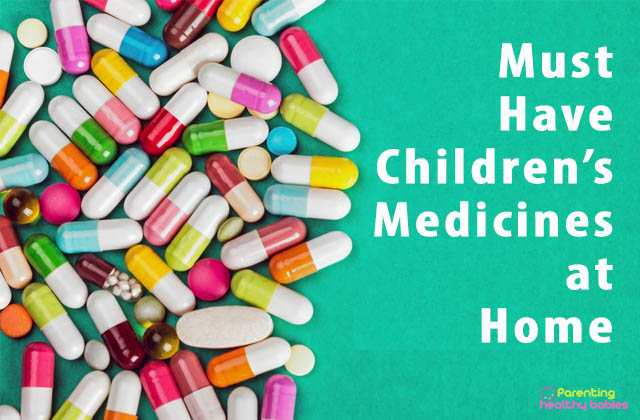When people hear that a child has depression, one of the most common responses is, “But what could he/she possibly have to be depressed about?” This is a statement that reveals two major misconceptions. The first misconception is the lack of understanding about clinical depression. Everyone goes through “down” moods or the “blues” from time to time, caused by unhappiness with one’s home life, job or other factors, but it is not the same as clinical depression. These emotional dips may be similar, but clinical depression is much more pervasive, long-lasting, and life-threatening. Its cause is not necessarily the state of affairs or an event in a child’s life.
The second misconception is that childhood is a trouble-free, carefree period in a person’s life. But how many people can say that peer acceptance, parental expectations or grades were not things that they worried about? Adults often forget that children not have any power or control over their own lives. For a child, this can be a state of affairs that is frightening and frustrating to live through day after day.
As per the American Academy of Child and Adolescent Psychiatry, a near 2% of young children, and almost 4% to 8% of adolescents, suffer from different levels of depression.
Whoever quoted that children are immune to depression, was simply out of his mind. Just like adults, even a child can suffer from moderate to acute depression. What is saddening is that children may not be able to voice out their troubles and hence depression is never diagnosed.
Most parents assume that their child is either fussy or rebellious and just punish them instead of giving them the much needed support they need. This can personify into more complicated mental conditions. Depression can have very harsh and lasting consequences on young children, especially if not attended to on time. It can lead to developmental delays and setbacks in the child’s social life, emotional health, and even performance in school and outside school. Some kids grow up to get habituated to substance abuse as well.
So, how do you know if your child has depression? What can you do to help her?
Signs of depression:
Parents can help children by watching out for the symptoms of depression in kids. Symptoms include:
- Untriggered Irritability or anger
- Hopelessness
- Continued sadness
- Complete Social withdrawal
- Change in appetite
- An increased sensitivity to any form of rejection
- Change in sleep patterns
- Vocal outbursts in the form of anger or crying
- Trouble in focusing and concentrating
- Extreme Fatigue and low energy
- Reduced ability to function in regular school or chores at home
- Low self esteem
- Suicidal thoughts in older kids
Depression Treatment
If your child or adolescent has been diagnosed with clinical depression, your child and the implications of treatment may worry you. There are many scary stories in the media of risk-taking, self-harm and substance abuse among young people with depression. People may have also given you alarming warnings about the potential risks that come with antidepressants. However, you should keep in mind that there are safe and effective treatments for depression in children and adolescents.
Psychotherapy or psychological treatments, pharmacotherapy or medication therapy and other measures can help in alleviating symptoms and help children and adolescents to feel more self-confident, develop and maintain healthy relationships and succeed in school. Although there is no real evidence that antidepressants cause suicide in children and adolescents, it must be emphasized that depression can cause suicide.
Psychotherapy
For children who have been diagnosed with depression, the two treatment options available are psychotherapy and medication. More and more, doctors are coming to realize that chemical imbalances are often the main cause of mental illness. However, at the same time, psychotherapy and its important role in treating depression cannot be discounted. If psychological factors are wholly or in part a cause of a child’s depression, the condition may be relieved with medication. However, medication alone cannot “cure” the underlying cause. Therapy can play a vital and positive role in helping the child deal with his past in a healthy manner, as well as in learning various ways to cope with the very difficult process of growing up.
When it comes to treating depression in children, antidepressant medication is a controversial topic. There are no long-term studies that show how this medication will impact a child’s development. In fact, the makers of the antidepressant Effexor have warned that it should not be prescribed for children, and the same warning has been issued by the U.S. Food and Drug Administration for Paxil. Some questions have also arisen as to the effectiveness of older tricyclic antidepressants with children. Therapy is recommended as a first line of defense by most therapists for children with depression, the exception being in cases where the child has severe depression or suicidal tendencies.
Conclusion
It is important to keep in mind that it is almost a certainty that there will be negative long-term effects on the child and the family brought on by depression. The decision of whether medication should be used to treat a child is wholly individual, depending on how severe the child’s depression is and how the child’s life will be impacted without successful treatment. It is crucial for parents to educate themselves as much as possible so that they can make an informed decision about the best treatment for depression in children.













